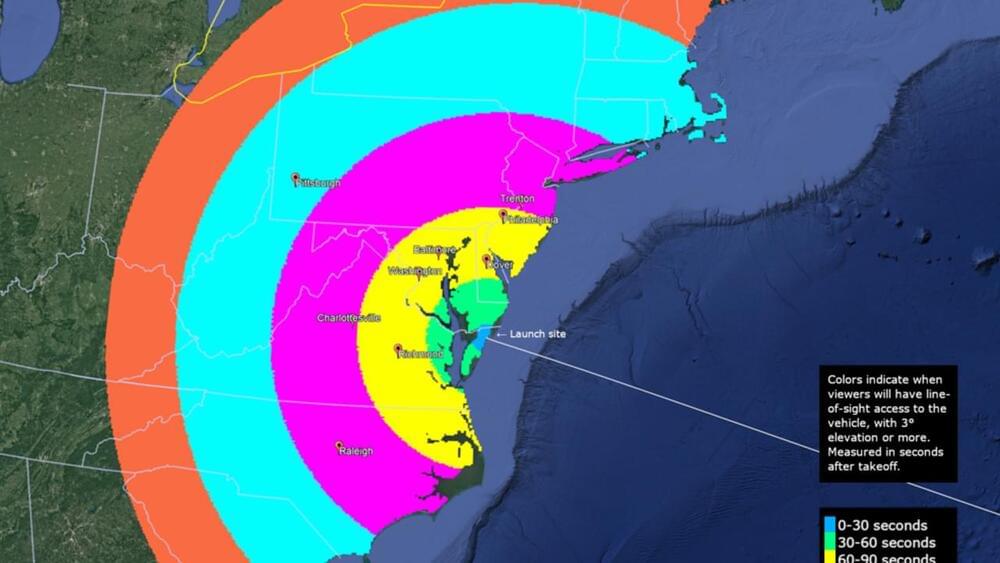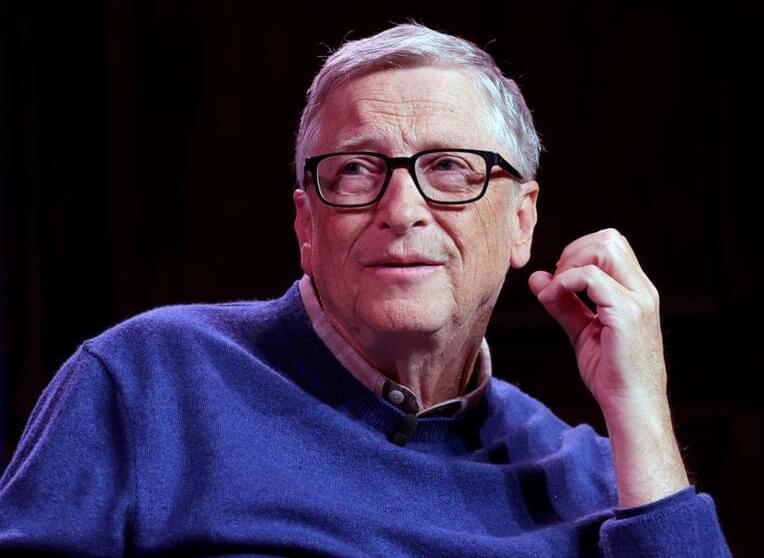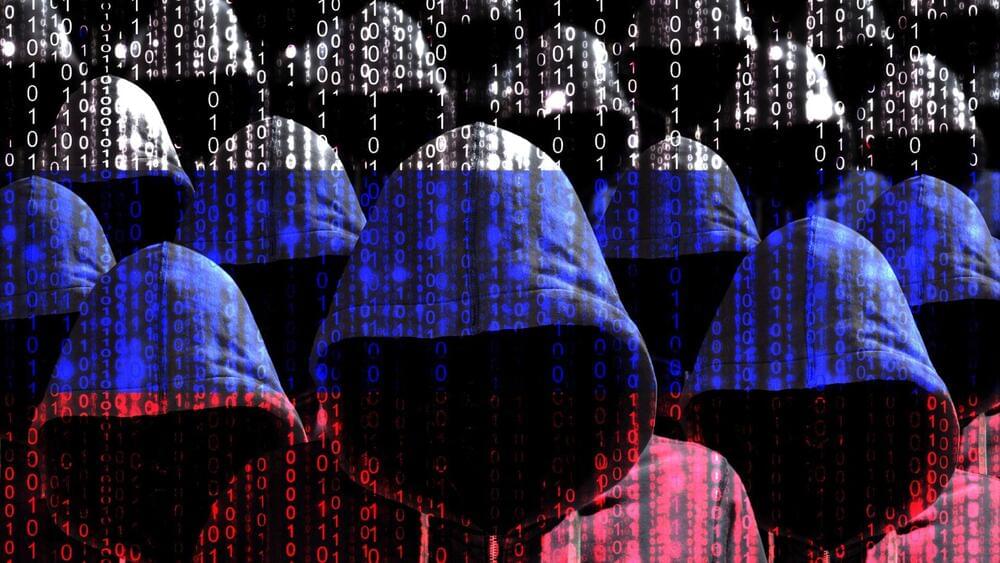Since its launch in November last year, ChatGPT has become an extraordinary hit. Essentially a souped-up chatbot, the AI program can churn out answers to the biggest and smallest questions in life, and draw up college essays, fictional stories, haikus, and even job application letters. It does this by drawing on what it has gleaned from a staggering amount of text on the internet, with careful guidance from human experts. Ask ChatGPT a question, as millions have in recent weeks, and it will do its best to respond – unless it knows it cannot. The answers are confident and fluently written, even if they are sometimes spectacularly wrong.
The program is the latest to emerge from OpenAI, a research laboratory in California, and is based on an earlier AI from the outfit, called GPT-3. Known in the field as a large language model or LLM, the AI is fed hundreds of billions of words in the form of books, conversations and web articles, from which it builds a model, based on statistical probability, of the words and sentences that tend to follow whatever text came before. It is a bit like predictive text on a mobile phone, but scaled up massively, allowing it to produce entire responses instead of single words.








